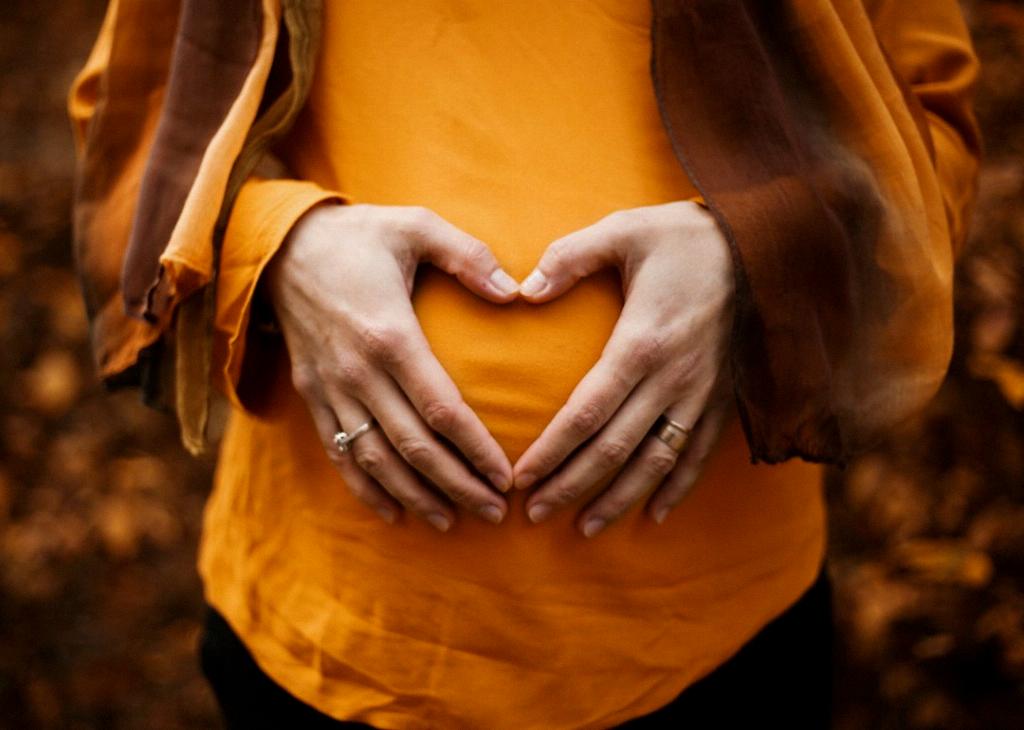Early pregnancy is a time of immense change, both physically and emotionally. It is common for women to experience a wide range of emotions during this period, including moments of sadness and tears. Hormones play a significant role in these emotional fluctuations, particularly during the first trimester.
The Impact of Hormones on Emotional Well-being
During early pregnancy, the body undergoes significant hormonal changes to support the growth and development of the fetus. These fluctuations can have a direct impact on a woman’s mood, leading to bouts of crying and emotional sensitivity. The surge in hormones, such as estrogen and progesterone, can make pregnant women more prone to mood swings and tearfulness.
Understanding the Role of Hormones
Estrogen, often referred to as the “female hormone,” is known to influence a woman’s emotional state. During early pregnancy, estrogen levels rise significantly, which can contribute to heightened emotions and tearfulness. Similarly, progesterone, another hormone crucial for maintaining pregnancy, can also influence mood and emotional well-being.
Physical and Emotional Changes
Early pregnancy is a time of tremendous physical and emotional changes. As the body adjusts to the presence of a growing embryo, it is not uncommon for women to experience a rollercoaster of emotions. Crying can be a natural response to the overwhelming changes taking place within the body.
The Impact of Stress and Anxiety
Stress and anxiety can also play a significant role in emotional well-being during early pregnancy. The anticipation of becoming a parent, concerns about the health of the baby, and the physical discomforts of pregnancy can all contribute to heightened emotions. Crying can be a way for women to release pent-up emotions and cope with the stress of pregnancy.
Support and Understanding
It is essential for women experiencing emotional fluctuations during early pregnancy to seek support and understanding from their partners, family, and healthcare providers. Open communication about feelings and emotions can help alleviate the sense of isolation and normalize the experience of crying during pregnancy.
Seeking Professional Help
If feelings of sadness and tearfulness persist or interfere with daily functioning, it may be beneficial to seek professional help. Mental health professionals, such as therapists or counselors, can provide valuable support and guidance for managing emotional changes during pregnancy.
Self-care and Coping Strategies
Engaging in self-care practices, such as regular exercise, healthy eating, and adequate rest, can help support emotional well-being during early pregnancy. Finding healthy outlets for stress, such as meditation, mindfulness, or creative activities, can also be beneficial in coping with emotional fluctuations.
Embracing the Emotional Journey
It is important for women to embrace the emotional journey of pregnancy, including moments of tears and vulnerability. Crying can be a natural and cathartic way for women to process the multitude of changes and emotions that come with the experience of early pregnancy.
Connecting with Other Expectant Mothers
Connecting with other expectant mothers through support groups, online forums, or prenatal classes can provide a sense of community and understanding. Sharing experiences and feelings with others going through similar challenges can help normalize the emotional ups and downs of early pregnancy.
Conclusion
Overall, crying during early pregnancy is a common and natural response to the emotional and physical changes that occur during this transformative time. Hormonal fluctuations, stress, and anxiety can all contribute to tearfulness, and seeking support and implementing self-care strategies can help women navigate this emotional journey with grace and resilience.

